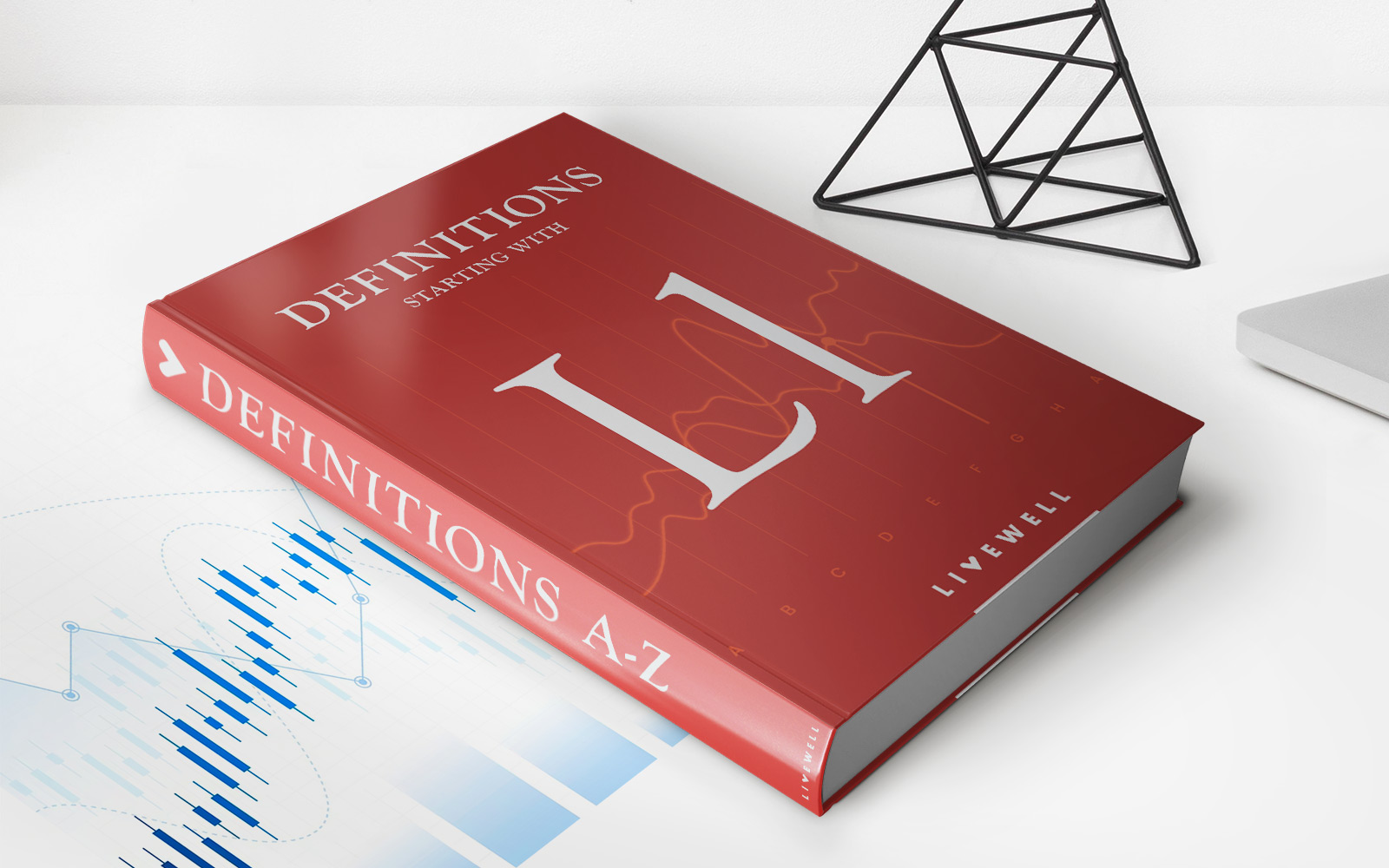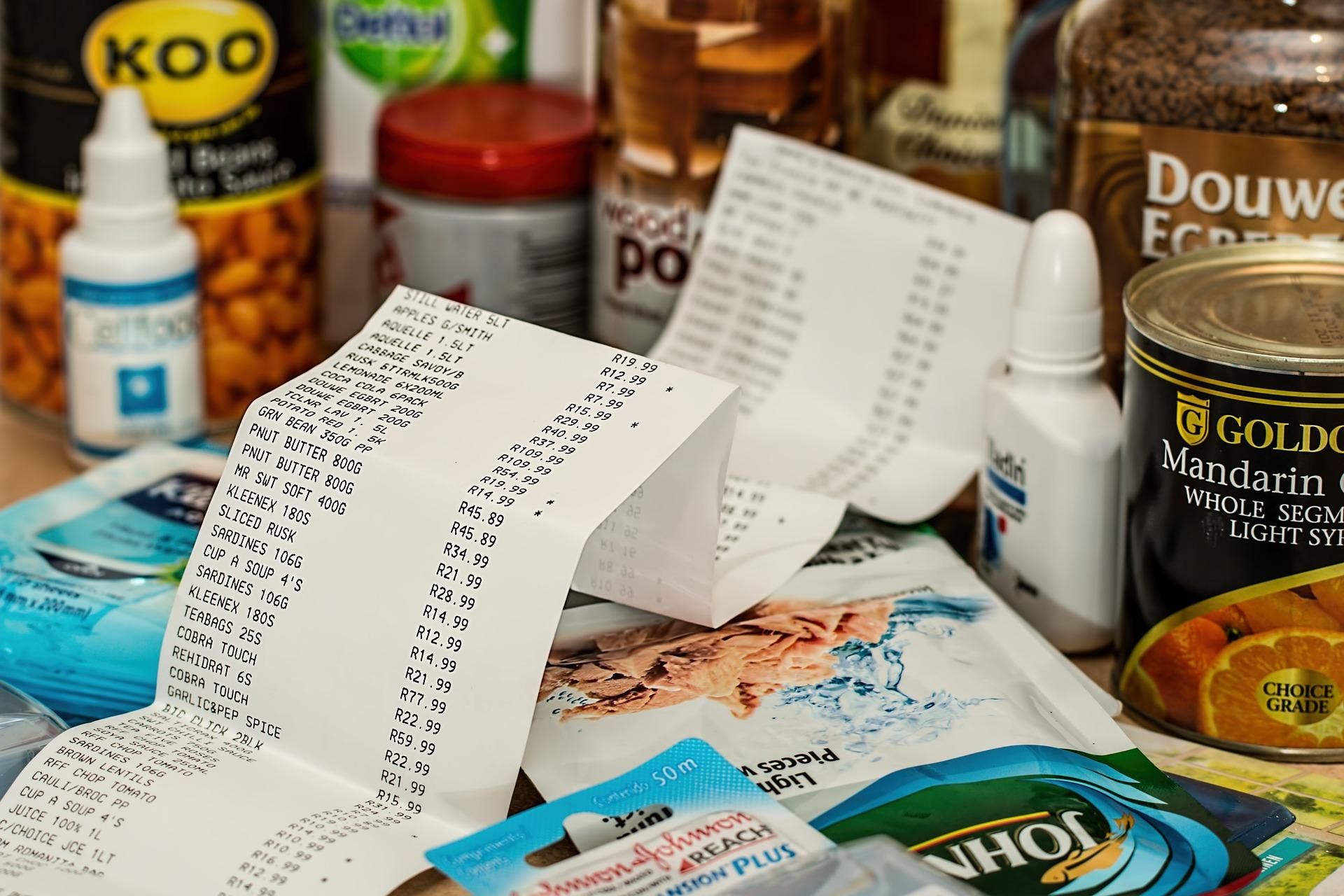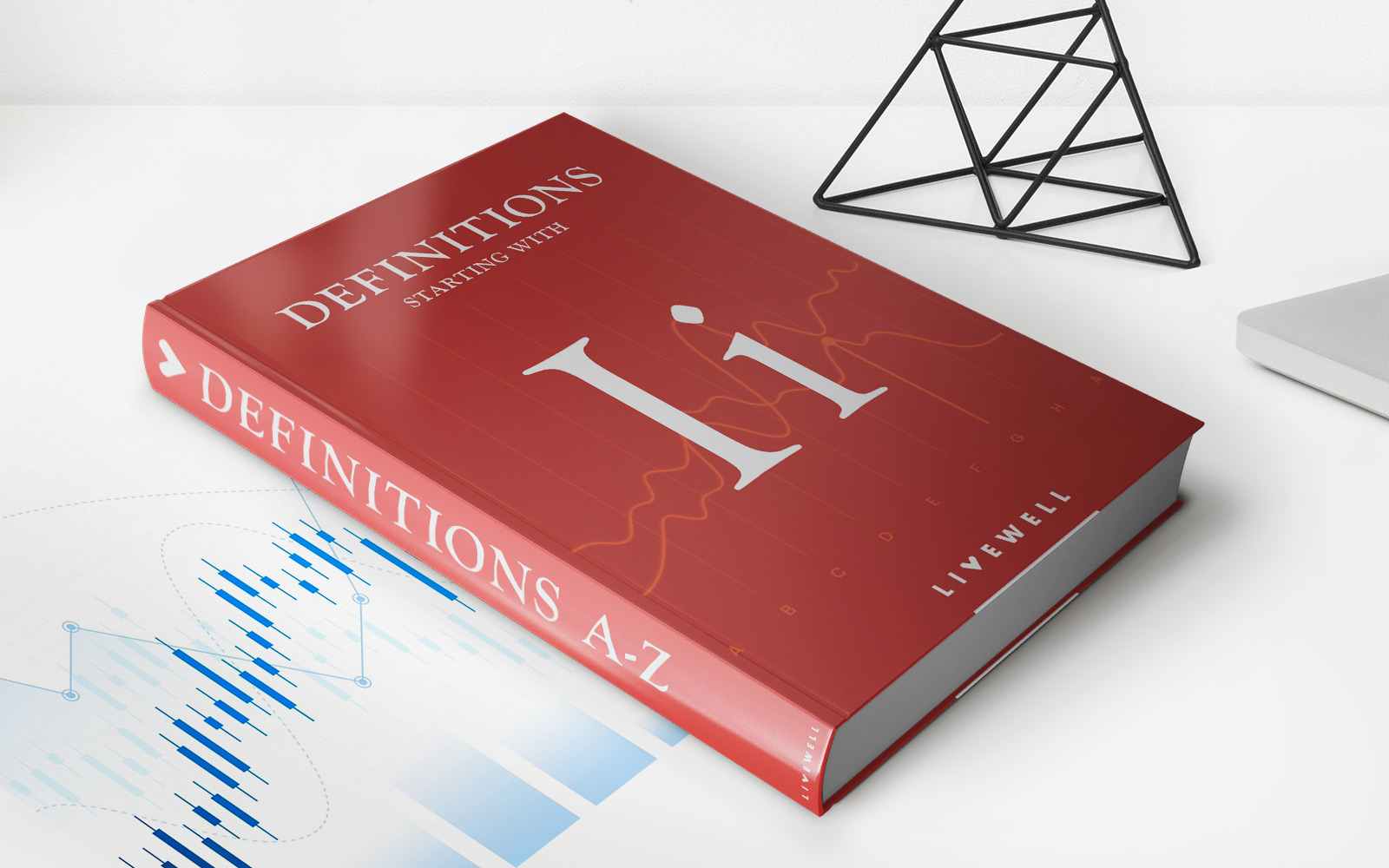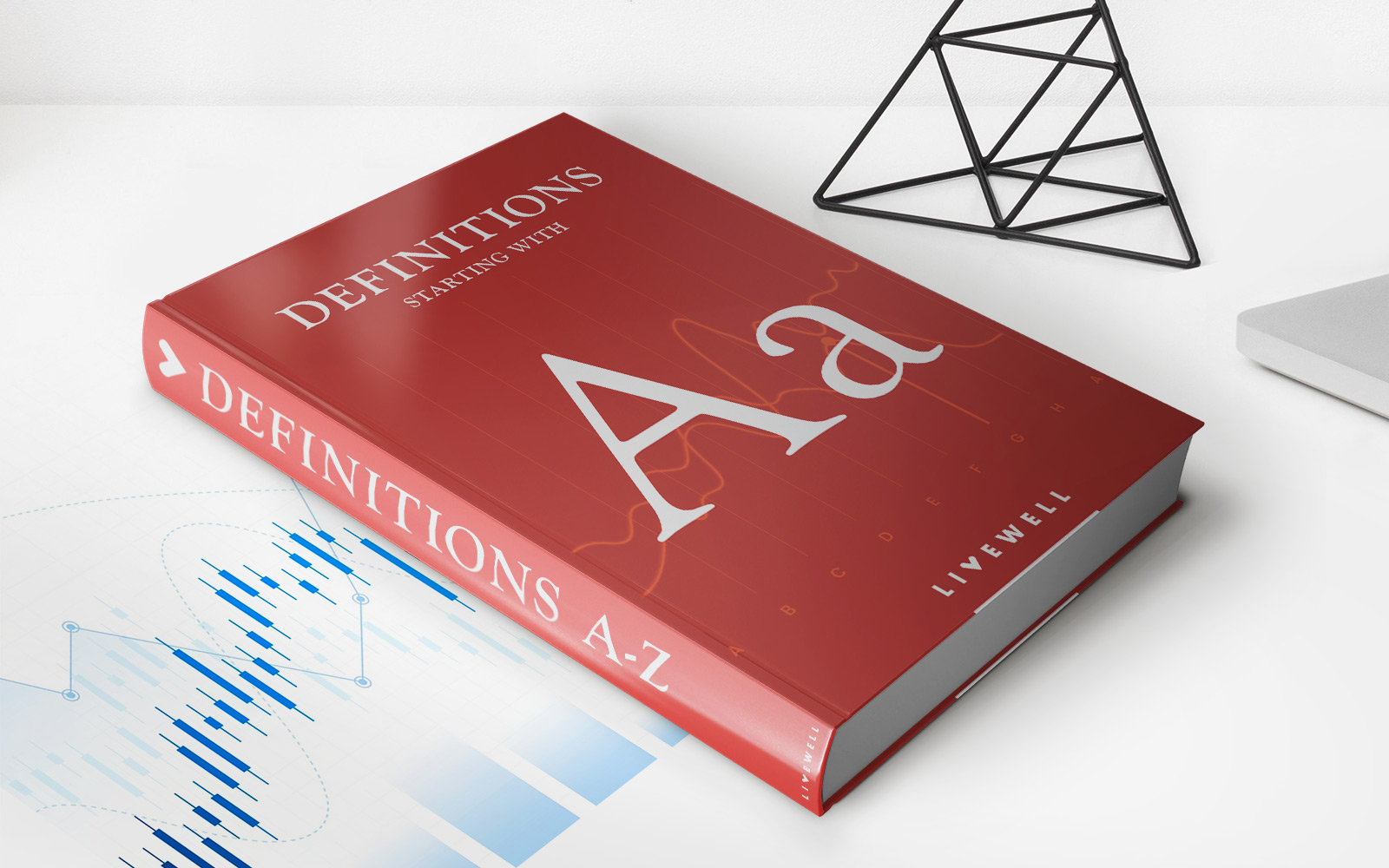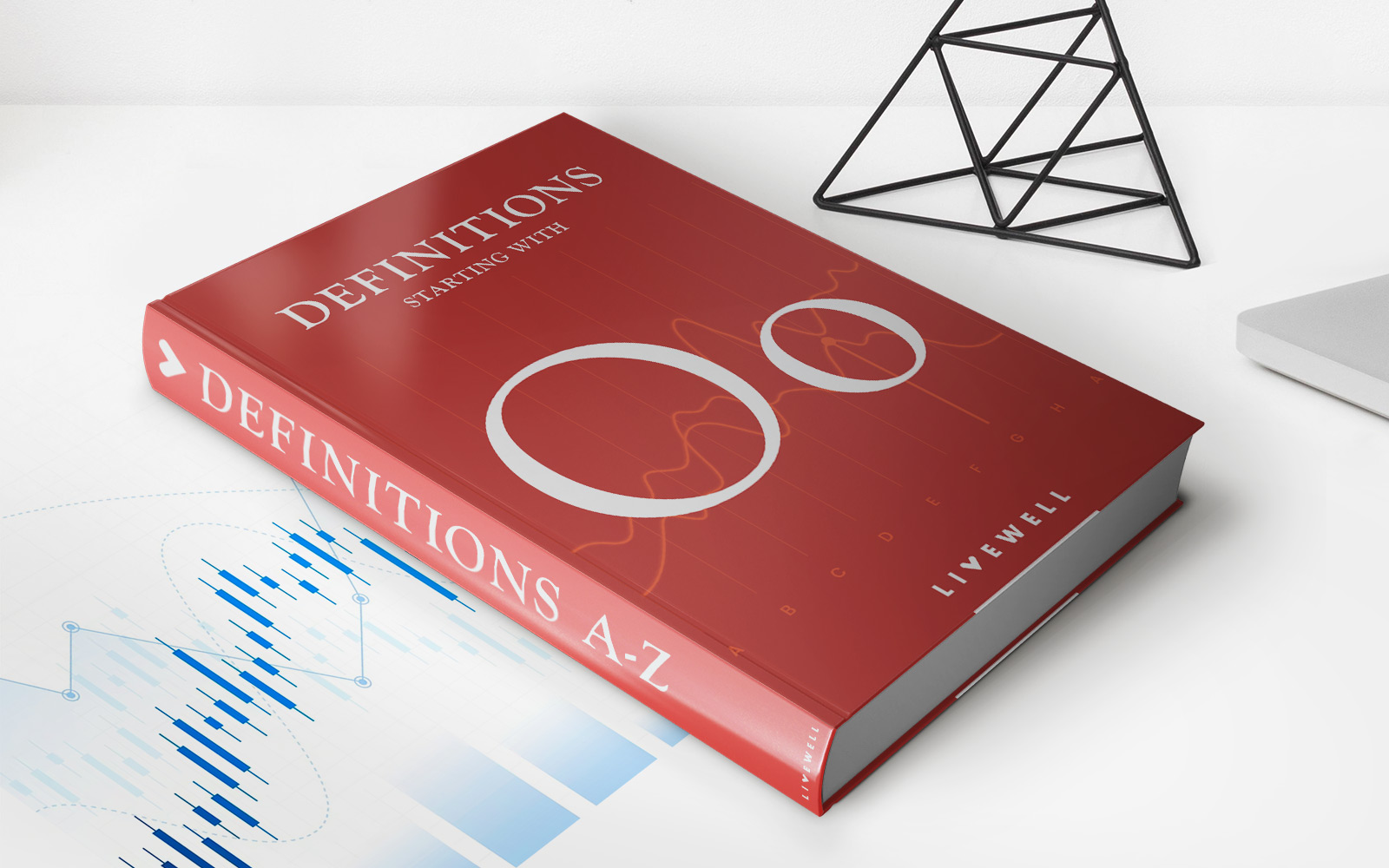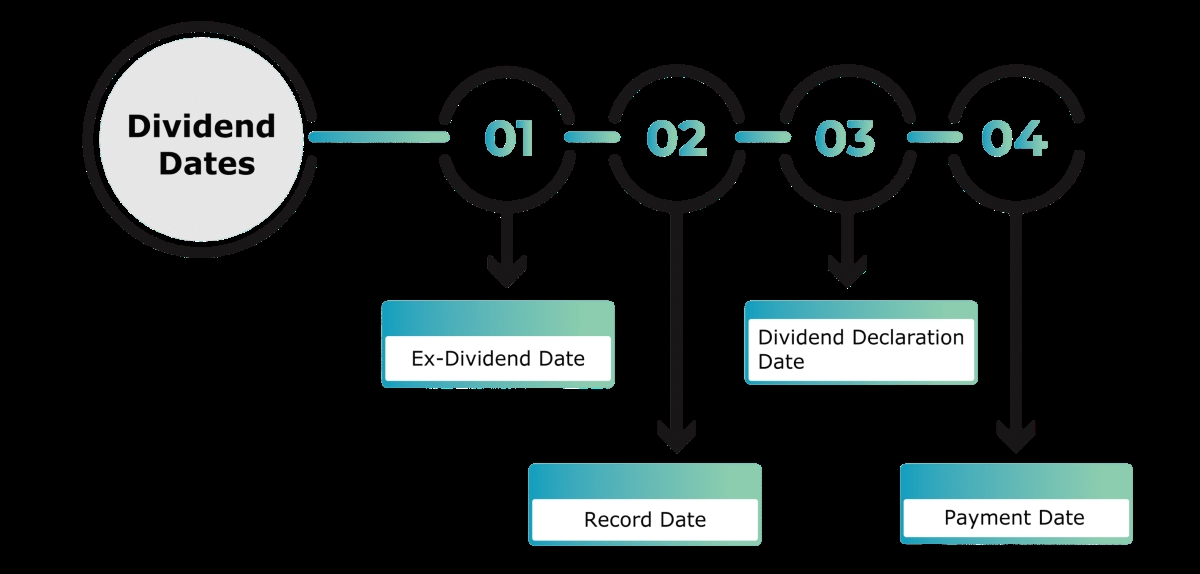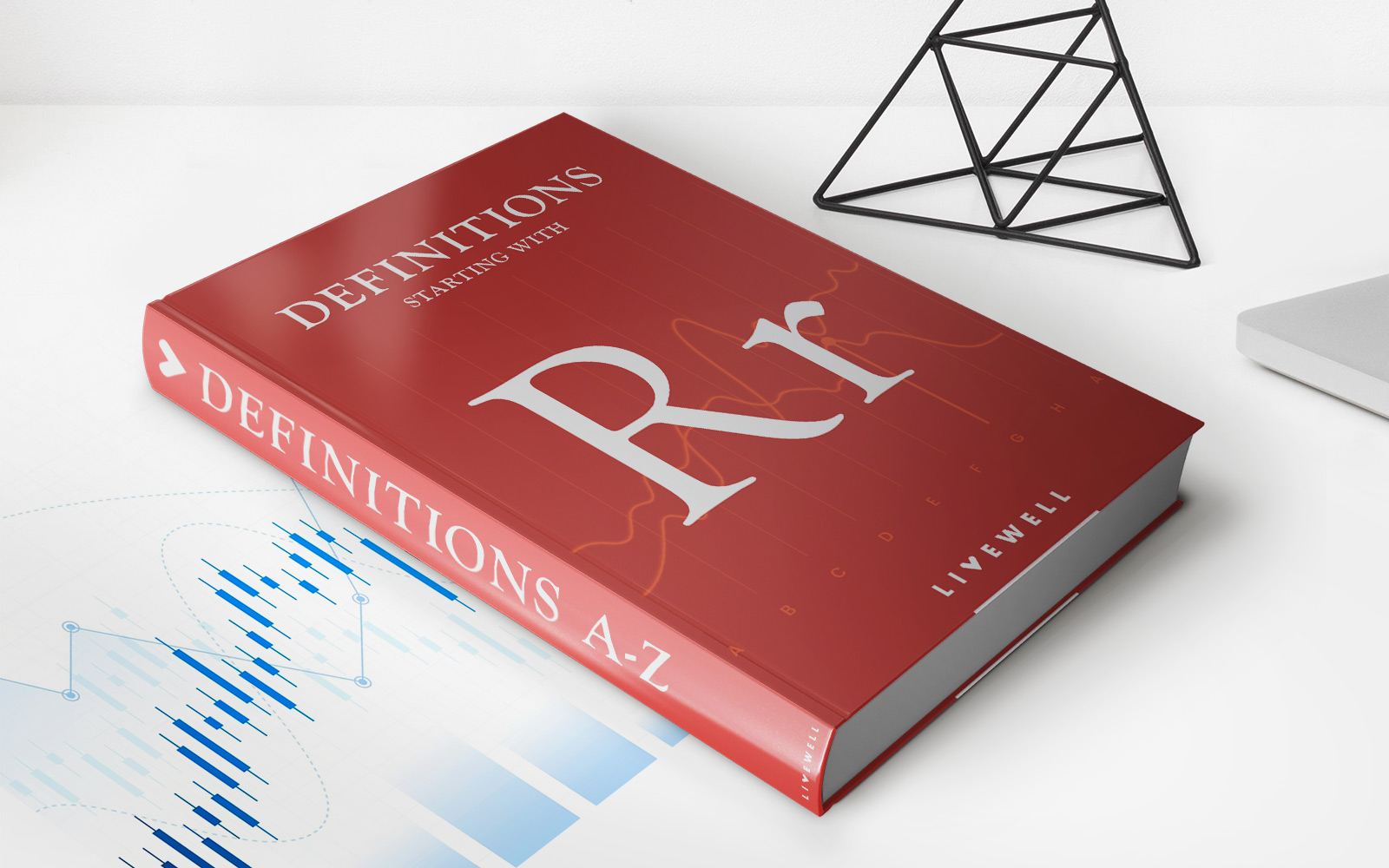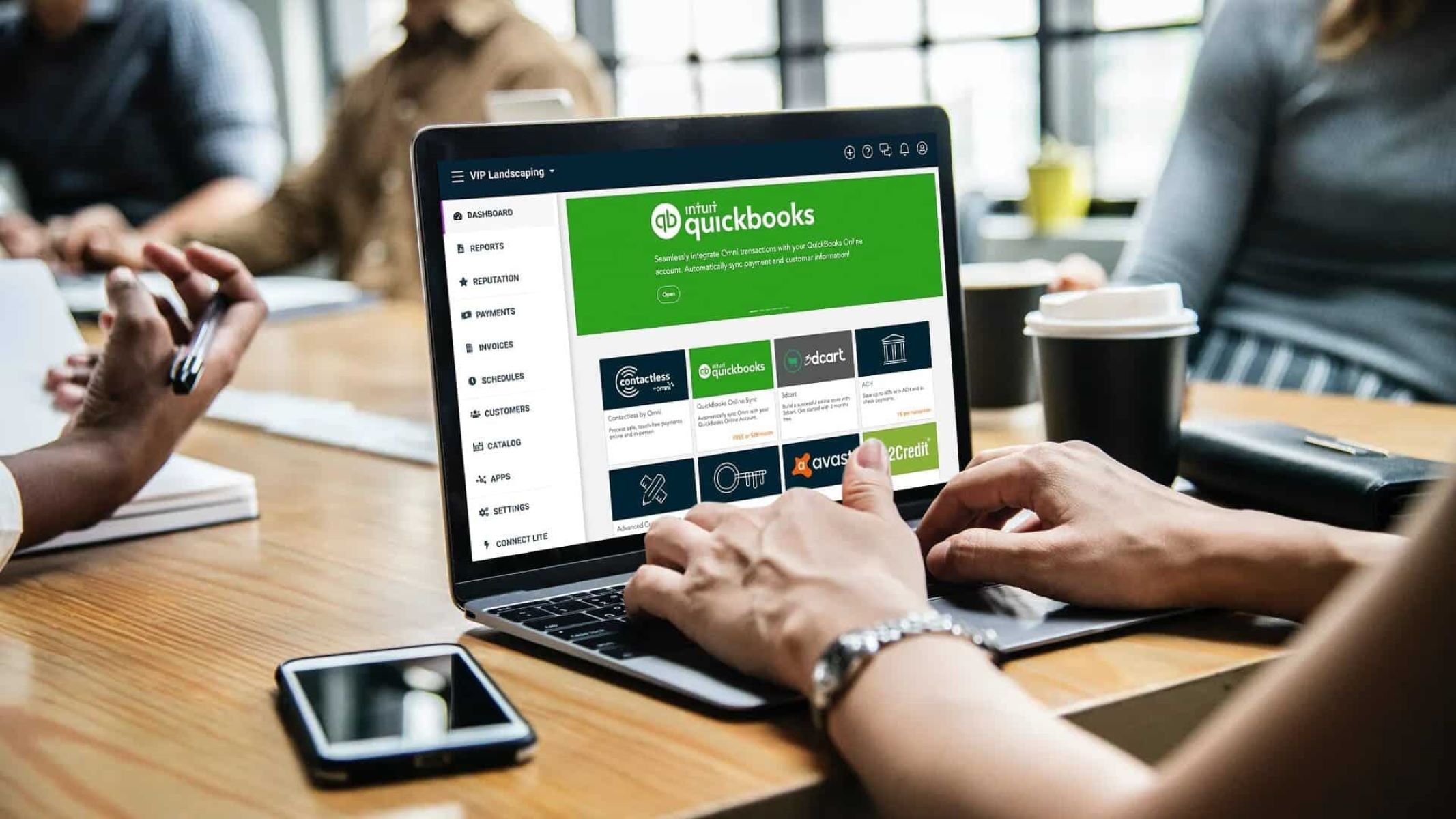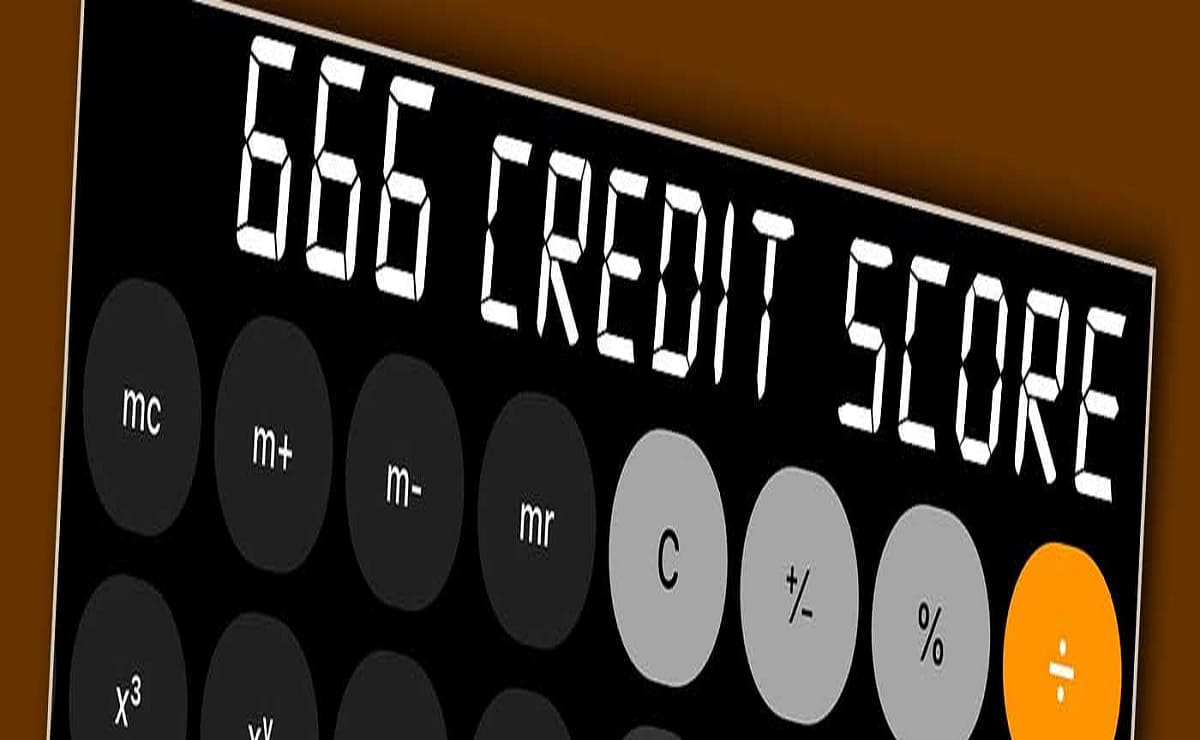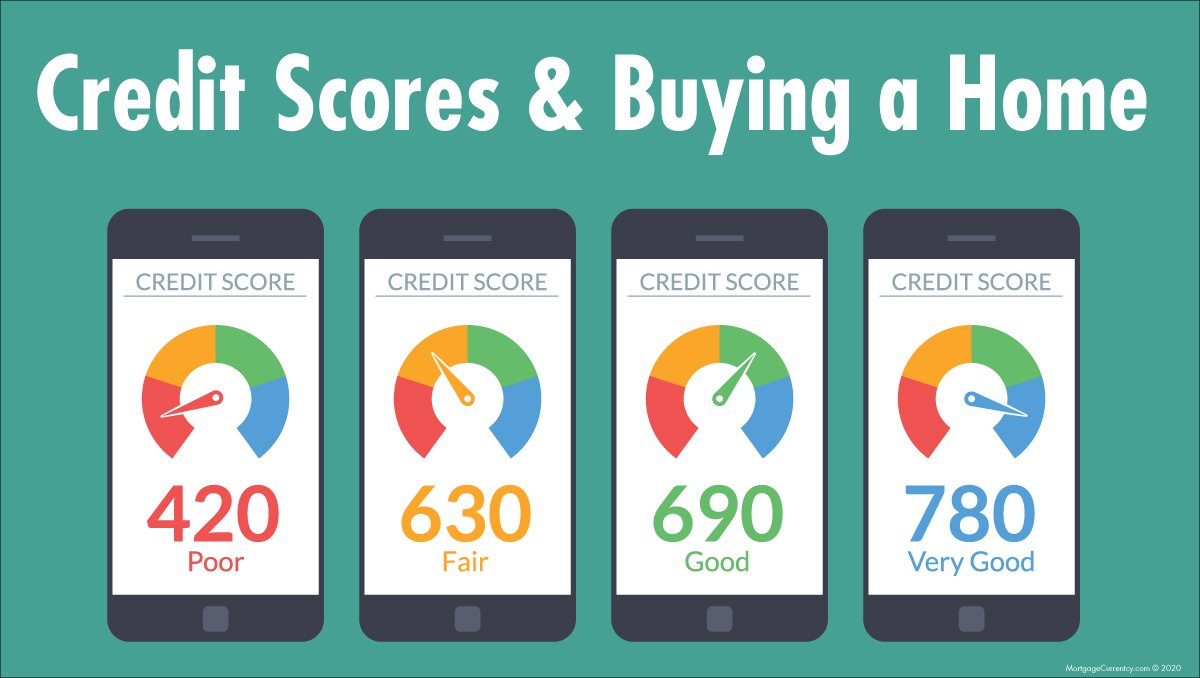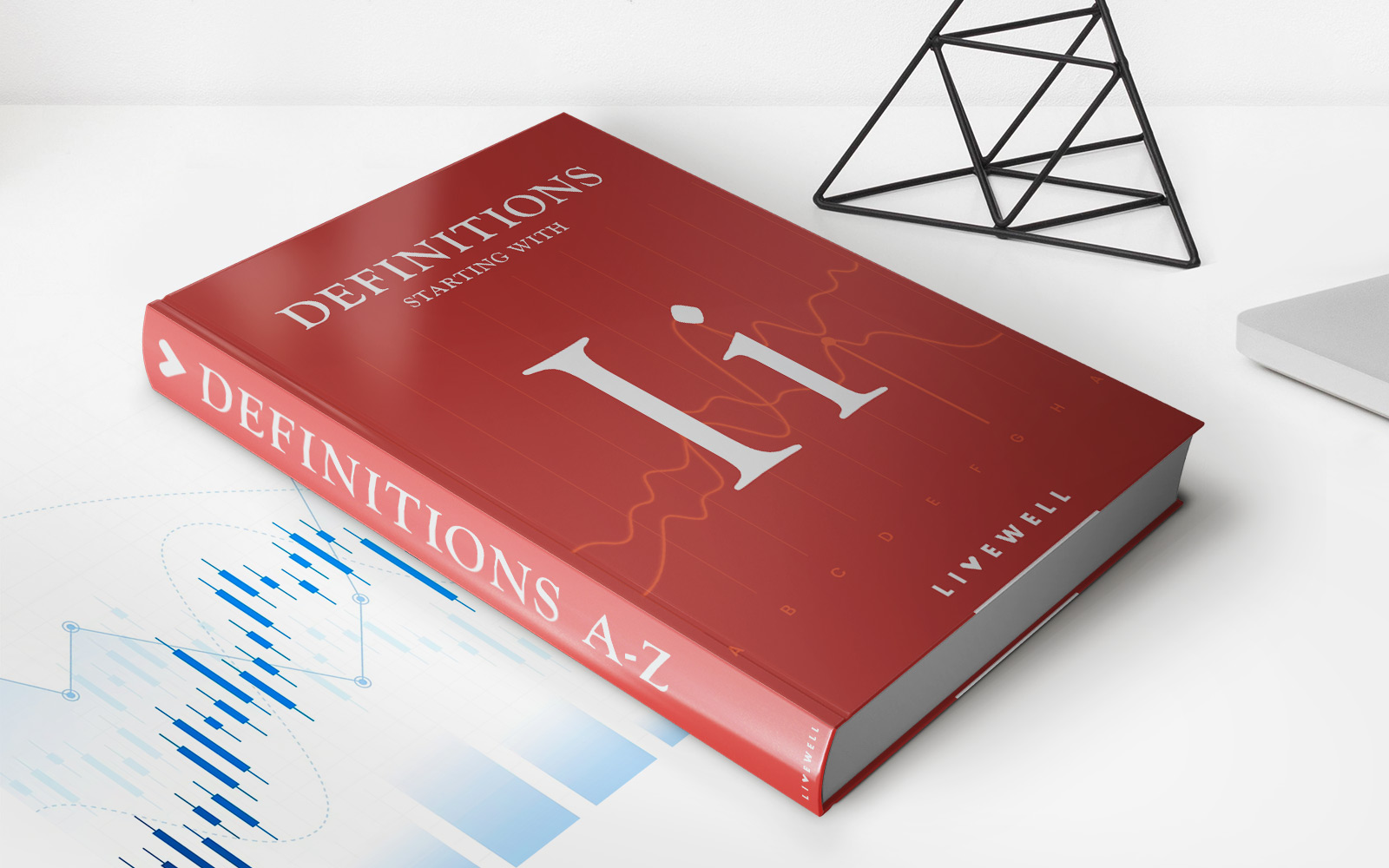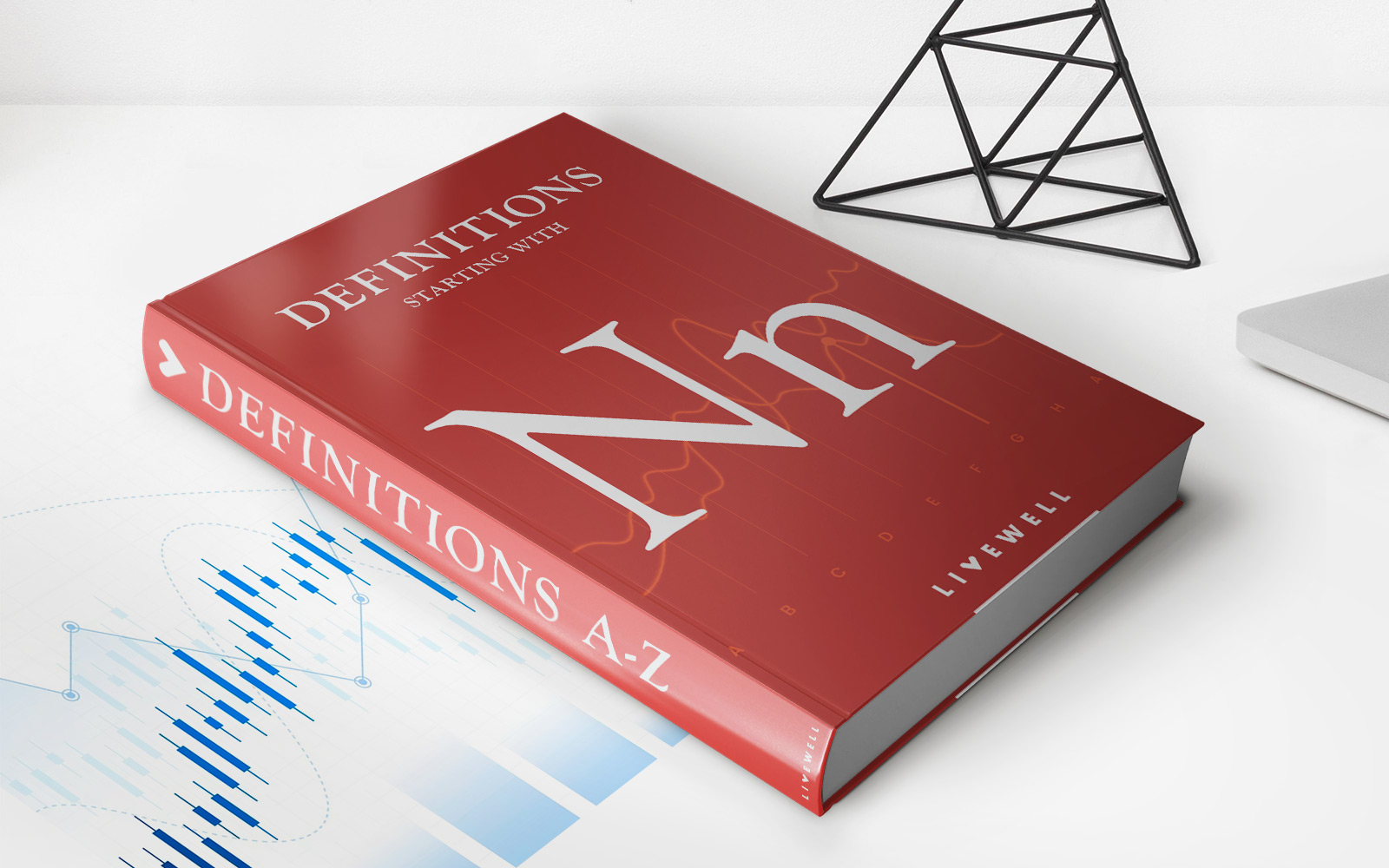Home>Finance>Expense: Definition, Types, And How Expenses Are Recorded
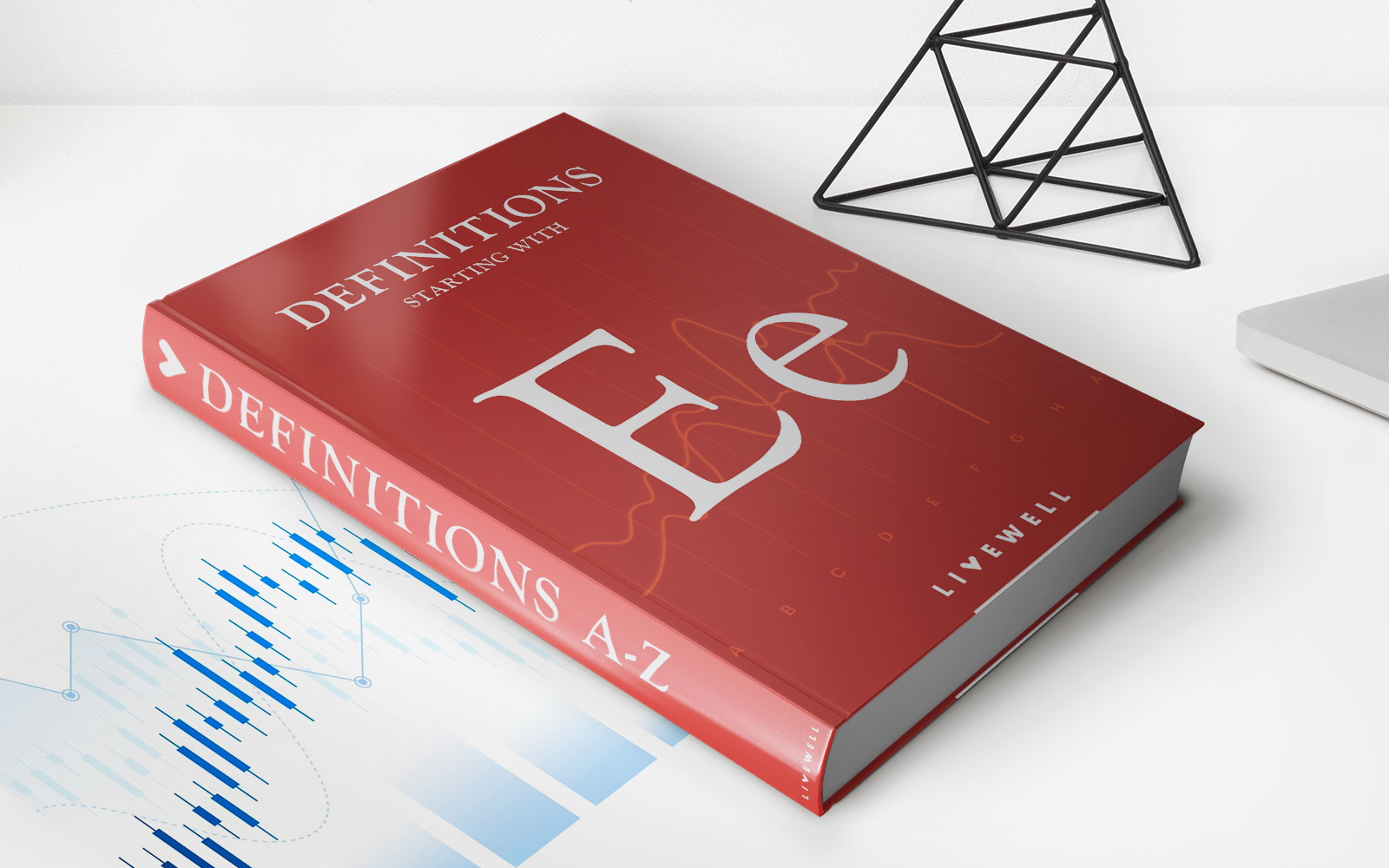

Finance
Expense: Definition, Types, And How Expenses Are Recorded
Published: November 21, 2023
Learn the definition and types of expenses in finance, and discover how these costs are recorded for accurate financial tracking.
(Many of the links in this article redirect to a specific reviewed product. Your purchase of these products through affiliate links helps to generate commission for LiveWell, at no extra cost. Learn more)
Expense: Definition, Types, and How Expenses Are Recorded
When it comes to managing our finances, understanding the concept of expenses is essential. Expenses are an inevitable part of our financial lives, and having a clear understanding of what they are and how they are recorded can help us make informed decisions and take control of our financial well-being. In this blog post, we will define expenses, explore the different types of expenses, and delve into how expenses are recorded. So, let’s dive in!
Key Takeaways:
- Expenses are essential financial transactions involving the outflow of money or the using up of resources.
- Understanding the types of expenses helps you categorize and prioritize your spending.
What Are Expenses?
Expenses, simply put, are financial transactions that involve the outflow of money or the using up of resources. They are the costs incurred in order to generate revenue or maintain regular operations. Whether it’s paying for rent, groceries, utilities, or even entertainment expenses, they all fall under the category of expenses. Expenses can be either fixed or variable, depending on whether they stay constant or fluctuate with changes in business or personal activities.
Types of Expenses:
- Fixed Expenses: Fixed expenses are those that remain constant over a given period. They are predictable and often recurring, making it easier to budget for them. Examples of fixed expenses include rent or mortgage payments, insurance premiums, subscription fees, and loan repayments.
- Variable Expenses: Variable expenses are costs that change in relation to your activities or spending habits. They may vary from month to month, making it necessary to track and manage them effectively. Variable expenses can include groceries, dining out, transportation costs, and entertainment expenses.
- Periodic Expenses: Periodic expenses refer to costs that occur irregularly or in specific time intervals. These expenses can be planned or unexpected and require careful budgeting for their occurrence. Examples of periodic expenses include annual property taxes, car maintenance, medical bills, or vacations.
- Discretionary Expenses: Discretionary expenses are non-essential costs that are optional and based on personal preferences. These expenses include hobbies, vacations, eating out at fancy restaurants, or purchasing luxury items. While you have control over these expenses, it’s important to balance them with your financial goals and priorities.
How Are Expenses Recorded?
In order to effectively manage expenses, it’s crucial to keep track of them and properly record them. This helps in creating a comprehensive budget, identifying spending patterns, and making adjustments when necessary. Here’s how expenses are typically recorded:
- Receipts and Invoices: Keep a record of all receipts and invoices you receive for your expenses. This will serve as evidence and documentation of the transaction.
- Expense Tracking Apps: Utilize expense tracking apps or software to input and categorize your expenses. This allows you to easily monitor your spending and analyze your financial situation.
- Bank and Credit Card Statements: Regularly review your bank and credit card statements to identify all your transactions. This will give you a comprehensive overview of your expenses and help you identify any discrepancies or unauthorized charges.
- Spreadsheets or Budgeting Tools: Maintain a spreadsheet or use budgeting tools to organize and track your expenses. This can help you analyze your spending habits, set goals, and maintain financial discipline.
By maintaining accurate records and being diligent in recording your expenses, you gain insight into your financial habits, allowing you to make better financial decisions and avoid unnecessary expenses. Remember, monitoring, analyzing, and controlling your expenses are crucial steps towards achieving your financial goals.
Conclusion
Expenses are an integral part of our financial lives, and understanding them is vital for financial success. By defining expenses, exploring the different types, and learning how to effectively record them, you can take control of your financial situation and make informed decisions. So, start tracking your expenses today and pave the way to a more secure financial future!
